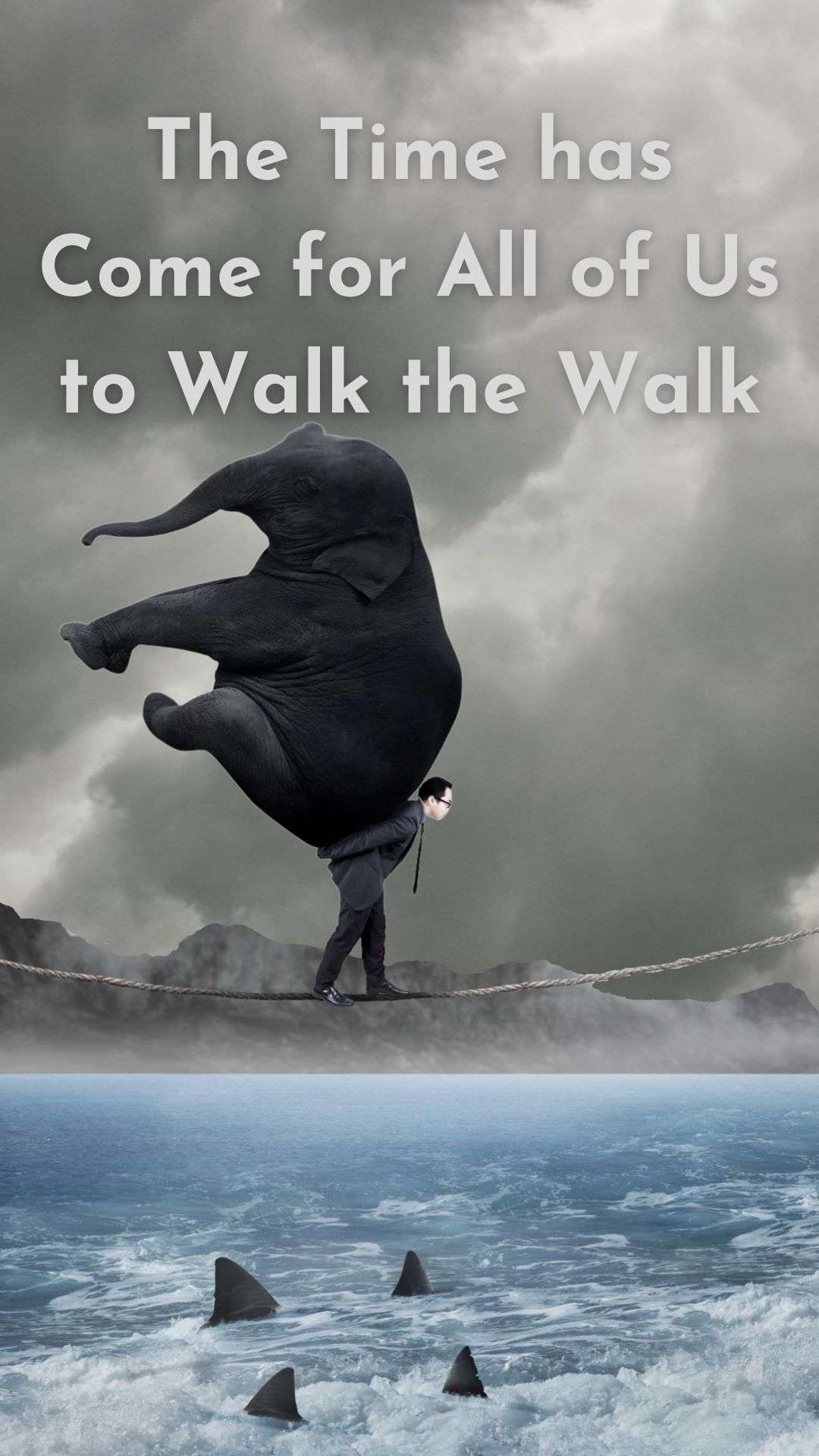Acting Upon our Spiritual Principals- “To a degree, he has done this when taking a moral inventory, but now the time has come when he ought to redouble his efforts to see how many people he has hurt and in what ways.” (12 & 12, p. 77)
~~~
– Sign up to Zonr for Today’s Full SFZ
What area(s) of your life have you been striving to improve your level of accountability, lately?
OR
When you think about people you may have hurt, how can honesty help you feel closer to others?
~~~
Disco Lies – Moby (3:21)
John Stuart Mills brief Bio (1:52)
English Analysis
In The Basic Text (p. 38), the call to “admit that we hurt others” demands courage and humility. Step 8 transforms awareness into accountability. As Carl Jung taught, “One does not become enlightened by imagining figures of light, but by making the darkness conscious” (Jung, 1959). This inventory shines light on denial and self-deception.
John Stuart Mill’s warning about harm through inaction reminds us that silence can wound as deeply as speech. His insight parallels the Wellbriety teaching: “Healing comes when we face the truth, even the parts that hurt.” Facing this truth requires letting go of false pride and acknowledging interdependence with our Higher Power and others.
In Twelve Steps and Twelve Traditions (p. 77), redoubling moral effort signals readiness for transformation. Viktor Frankl emphasized that responsibility gives meaning to freedom (Frankl, 1959). Likewise, Step 8 invites freedom through restitution. The act of listing names is not punishment—it is preparation for renewal. By taking full responsibility, we align humility with compassion and clear the path for peace.
When we see harm clearly, we reconnect to our shared humanity. The Wellbriety path teaches that honesty leads to balance, and balance restores the spirit. Through conscious awareness, we replace false pride with gratitude and open our hearts to healing relationships.
Zonr Post Quotes (Spanish Translation)
Con una imagen más clara
“Al hacer nuestra lista, ya no podemos negar que causamos daño. Admitimos que lastimamos a otros, directa o indirectamente, mediante alguna acción, mentira, promesa rota o negligencia.”
(El Texto Básico, p. 38)
Un inventario espiritual / moral completo
“En cierto grado, ya lo ha hecho al realizar un inventario moral, pero ahora ha llegado el momento en que debe redoblar sus esfuerzos para ver a cuántas personas ha lastimado y de qué maneras.”
(Doce Pasos y Doce Tradiciones, p. 77)
“Una persona puede causar el mal a otros no solo por sus acciones sino también por su inacción, y en ambos casos es justamente responsable ante ellos por el daño.”
– John Stuart Mill (1806-1873), economista y filósofo británico
Análisis en Español
En El Texto Básico (p. 38), el llamado a “admitir que lastimamos a otros” exige valor y humildad. El Paso 8 convierte la conciencia en responsabilidad. Como enseñó Carl Jung, “Uno no se ilumina imaginando figuras de luz, sino haciendo consciente la oscuridad” (Jung, 1959). Este inventario ilumina la negación y el autoengaño.
La advertencia de John Stuart Mill sobre el daño por inacción nos recuerda que el silencio también hiere. Su visión coincide con la enseñanza Wellbriety: “La sanación llega cuando enfrentamos la verdad, incluso las partes que duelen.” Enfrentar esta verdad requiere soltar el falso orgullo y reconocer nuestra interdependencia con el Poder Superior y los demás.
En Doce Pasos y Doce Tradiciones (p. 77), redoblar el esfuerzo moral señala disposición para transformarse. Viktor Frankl destacó que la responsabilidad da sentido a la libertad (Frankl, 1959). Del mismo modo, el Paso 8 invita a la libertad mediante la reparación. Hacer la lista no es castigo; es preparación para el renacimiento. Al asumir plena responsabilidad, unimos humildad y compasión, despejando el camino hacia la paz.
Cuando vemos el daño con claridad, reconectamos con nuestra humanidad compartida. El camino Wellbriety enseña que la honestidad conduce al equilibrio, y el equilibrio restaura el espíritu. Con conciencia, sustituimos el falso orgullo por gratitud y abrimos el corazón a relaciones sanadoras.
Pregunta:
Cuando piensas en personas que podrías haber lastimado, ¿cómo puede la honestidad ayudarte a sentirte más cerca de ellas?


Leave a Reply